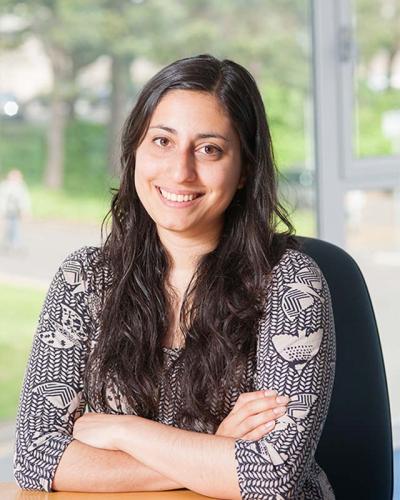The Research Software Camp is completely free, but please register so we have an idea on numbers. You will get links to all sessions a few days before they start.
Chris Hartgerink’s keynote talk (pre-recorded) & live Q&A
Chris Hartgerink, from Liberate Science, delivered a pre-recorded keynote talk on the "Social Model of Inaccessibility." This was followed by a live Q&A session with Chris as part of the Research Software Camp.
The live Q&A session took place on 24 February via Zoom, and allowed participants to ask questions and start conversations around his talk.
Chris Hartgerink's keynote talk abstract.
Workshop: Sustainable Software Development for Researchers
This workshop was run by Carina Haupt, Head of Group Software at the German Aerospace Centre. It consisted of two sessions on Thursday 25 February and Friday 26 February.
In this workshop, participants learned about the basic steps to prepare code for sharing with others and make it ready for citation in a research paper.
Workshop: Boost your research reproducibility with Binder
The workshop was run by The Turing Way on Wednesday 3rd March.
During this free workshop, we discussed reproducible computing environments and why they're important, showed examples of others’ projects in mybinder.org and helped participants learn how to prepare a binder-ready project. By the end of the workshop participants could take some of their own content (in a R or Jupyter Notebook, or scripts that can be run in the terminal) and prepare it so that it can be used by others on mybinder.org.

